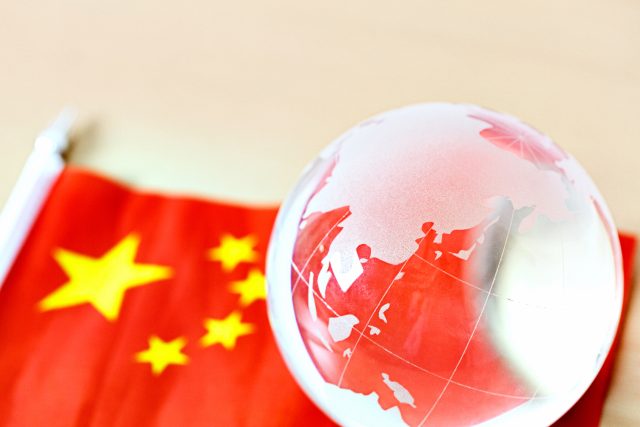Could wine play a role in Chinese soft power?
Wine, rather than baijiu, should be international consumers’ introduction to Chinese drinks, according to a panel discussion on global opportunities for China’s F&B sector.

“Chinese food is a huge name card for China, but we can hardly conjure up brand names within the food and wine sector,” said Janet Wang, author of The Chinese Wine Renaissance and a panellist at a recent event discussing Chinese global brands.
The conference, held by brand valuation and consultancy firm Brand Finance, considered the global achievements of Chinese brands, their leadership in technology and innovation, and China’s ascent to third place in the Global Soft Power Index.
Wang was joined by fellow panellist Claire Urry, chief commercial officer at the China-Britain Business Council (CBBC), to discuss the opportunities and challenges faced by food and drinks brands internationally.
The pair discussed how Chinese brands are performing in the global sector, and considered why, despite Chinese cuisine’s abundance in the UK and worldwide, Chinese F&B brands are not as prolific.
Baijiu is by far the most successful beverage alcohol category in China, and the Chinese liquor is worth US$212bn, according to IWSR figures.
However, the vast majority of sales are domestic. Baijiu producer Kweichow Moutai is the largest beverage alcohol company in the world. “As massive as they are in China, the brand is still not that well known in the UK,” said Urry.
Partner Content
Consumer preferences and palates have a large part to play in the lack of exposure of brands like Moutai. Wang argued that wine, rather than baijiu, is an easier sell for international markets.
Grape wine is “a much easier entry point” into Chinese drinks than baijiu, she said. “Chinese wine is the best cultural product to push Chinese soft power, because in wine there is the concept of terroir.”
Wang explained that the focus on “local character” in wine could elevate the country’s image for consumers.
However, a lack of confidence is holding brands back. “As Chinese people we’re very confident to give baijiu or tea as gifts to present our culture, but we are not very confident to give wine, or even to order Chinese wine,” Wang said.
And this is despite grape wine having “about 9,000 years of history in China”.
Chinese restaurants are “so ubiquitous internationally”, but they “don’t have the confidence to sell Chinese wines”, she added.
Related news
Treasury Wine Estates plans leaner future amid US and China slowdown




